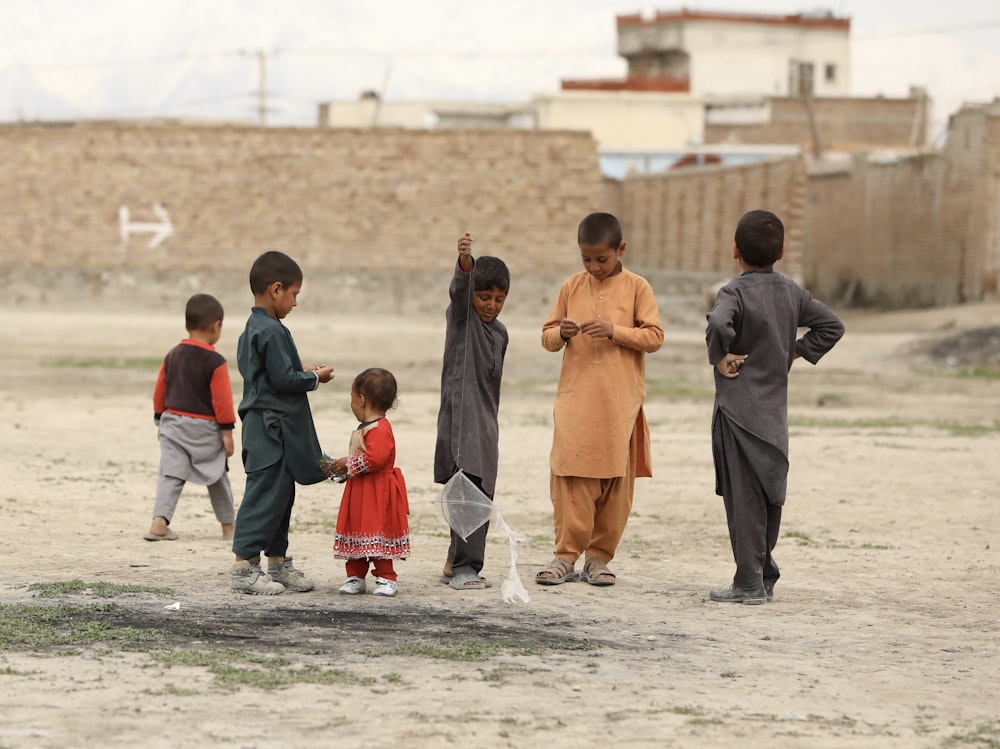Looking At The Financial Forecast Of Afghanistan
Looking at the economic overview of the country before the Taliban took over the country, all the signs were showing a falling slope for Afghanistan’s economy, the country that is heavily reliant on international donations and imports.
The country has received only 4 greenfield investments since 2014 and has always been facing poverty, security, and political instability added to the decrease in aid and financial assistance the country has been receiving over the last few years.
Photo by Sohaib Ghyasi on Unsplash
The Economic situation before the Taliban
Afghanistan’s economy relies heavily on the US Dollar as foreign currency reserves in the central bank, this assistance has been decreasing over the recent years, even before the Taliban’s arrival to the state.
Inflation rates are on the rise, and GDP is on the decline. The country was slapped heavily by Covid-19, where the country has experienced a surge in cases during the third wave since April, besides having less than 5% of the population vaccinated.
In an attempt to balance the country’s economy, the government has decided to sharply cut the governmental spending on infrastructure and development projects.
The decreased expenditure by the state did nothing to the trade balance which was way into the negative, for the first half of 2021, where the Taliban has controlled the main border crossings.
The central bank of Afghanistan is reported to have $10 billion worth of assets including gold and foreign currency, mainly the US Dollars, which was also held overseas, in the Federal Reserve Bank of New York.
The arrival of the Taliban
After 20 years of fighting with the government, and the foreign troops situated in the US bases spread in different locations across Afghanistan, the Taliban seized control over the capital Kabul, seeing the president and other important figures fleeing the country.
The country was paralyzed as soon as the Islamic troops arrived at the capital city, announcing victory from the presidential palace, the arrival that deepened the woes of the deteriorating economy of the country.
There is nothing but a dire crisis expected for the country and the people since the economy was on hiatus for almost a month until the Islamic troops took over the country’s ministers and administered the situation at the airport.
It is unlikely that the Taliban will be able to successfully address the economic stress the country has been facing. Moreover, it is set to face decreased trade partners and reluctance to find any channel for any trade.
Given the US sanctions on Taliban troops, there will be no more US Dollars flowing in the country in the form of currency assistance. which puts the country at the risk of having its foreign assets depleted, leading to a huge exchange rate fall.
The currency crisis was worsened by the huge liquidation happening over the weeks before the Taliban’s arrival when citizens rushed to withdraw their money in local and foreign currencies, as such a crisis seemed inevitable.
During the weeks that witnessed the Taliban’s arrival, both central and commercial banks ceased operations, and once they resumed functioning under the influence of the Islamic troops, people could not withdraw their money, as Taliban leaders prohibited or limited withdrawal activities.
The current Taliban regime has to figure out the way to survive with the given economy since no partners are expected, as no other foreign country or bank is willing to get involved with troops distinguished with terrorism activities.
The more this crisis persists, the more people are expected to fall below the poverty line, with the potential increase in production prices and unemployment rates.
What does the future hold for the economy?
Until this moment, all the countries refrain from recognizing the Taliban as a legitimate authority in Afghanistan, we can name Russia that is still not ruling out any chances and still making its own mind over the decision.
China seems to be the only country that is somehow planning to get involved with the Taliban, as they reached a handful of agreements to develop the industries of oil and copper in Afghanistan, but nothing is yet to happen on the ground.
China might keep a low profile about their agreements with Afghanistan, since it is highly associated with security reasons, and can hurt China’s relations with its partners.
What assets can the Taliban use?
The US president, Joe Biden, has announced that all the bank accounts under the name of the Afghani government have been frozen to ensure that the Taliban cannot reach the reserves kept in the federal reserve banks.
However, it is reported that there are accessible funds for the Taliban, which are worth around 0.1% to 0.2% of Afghanistan’s total international reserves.
Besides that, the Taliban relies on income from illicit activities, such as drug dealing, drug production, kidnapping, and tax collecting from areas that have always been under the Taliban’s control.





It seems that if the rest of the world does the only smart thing, the Taliban must, in turn, stop being what it is. The world has no room and no use for such a repressive government to exist.